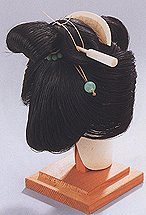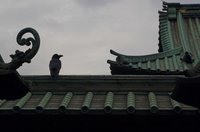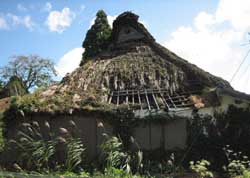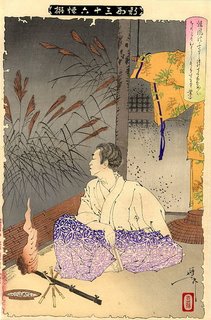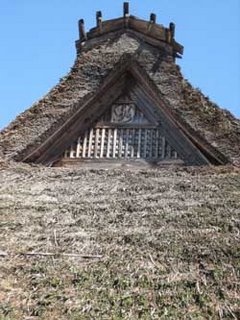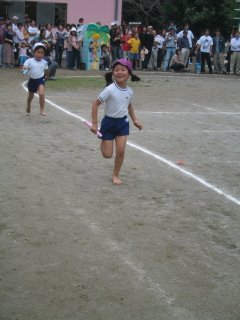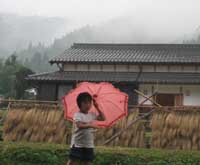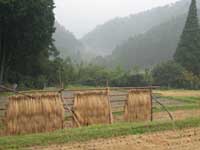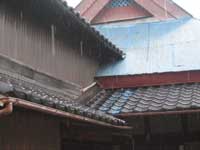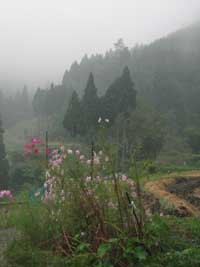HALLOWEEN AND KAIDAN
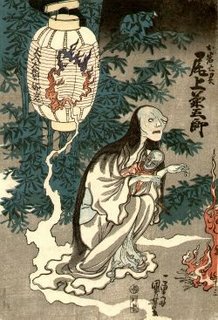 I remember Halloween in upstate New York when I was a little kid back in the 40s and early 50s, being a bit thrill-spooked by wandering about in the candle-lit dark among trick-or-treating goblins, witches and monsters in the colding air, the fallen leaves whispering underfoot like long ghost stories... but those stories have nothing on kaidan...
I remember Halloween in upstate New York when I was a little kid back in the 40s and early 50s, being a bit thrill-spooked by wandering about in the candle-lit dark among trick-or-treating goblins, witches and monsters in the colding air, the fallen leaves whispering underfoot like long ghost stories... but those stories have nothing on kaidan...Back in the Japan that is fast disappearing, at this time of year with the harvest secured and the death of the year at hand there was time in the lengthening night to ponder the mysteries of the spirit and whisper ghost tales in the dark around the irori, but now that electricity affords fewer and fewer encounters with the night and now that irori are almost all gone, those old connections are disappearing like genuine darkness.
Because Japan's traditional ghosties were closer to the bone and not to be easily appeased (this is unrelated to Obon), the ancient frisson was purged by the fire at night, so there was no special Halloween type spirit-purging day; but now that the old ghosts - like the fires themselves - are fading away, new ghosts are moving in to take their place.
When I first came to Japan there wasn't a sign of Halloween, not a carved pumpkin to be seen. Up until a few years ago, Halloween never made inroads here like Christmas and Valentine's Day did; but things are changing. Each year there are increasing signs of not exactly Halloween, but what the Japanese take to be Halloween, i.e., a conflation of Halloween and Thanksgiving, where people wear costumes, have a parties and feast.
No one goes trick-or-treating here though, not only because such an imposition would be offensive (one's own home here is never such a public place that folks can go whimsically knocking at the door or ringing the bell for anything other than essential business), to say nothing of the fact that trick-or treating in America at some point turned a dark page into genuinely scary, when the treats started getting hazardous.

But now in Japan there are witch hats and carved pumpkins and Halloween parties in schools, Jack o'lanterns and decorations here and there. Fifteen years or so ago, only the international schools had Halloween day festivities, when native kids, on an ordinary school day, would gape at the small goblins, witches, ghosts, cowboys, cowgirls, princes and cinderellas walking to and from the foreign school...
In the meantime it took years of mainly Disney training for the public to go Halloween; now black and orange are everywhere about this time of year. I even saw a plastic Jack o’lantern yesterday way out here in the country, at the farm store.
Those ancient deeps are there, though, each time I go outside into the kaidan darkness that still lives up here on the mountain.

